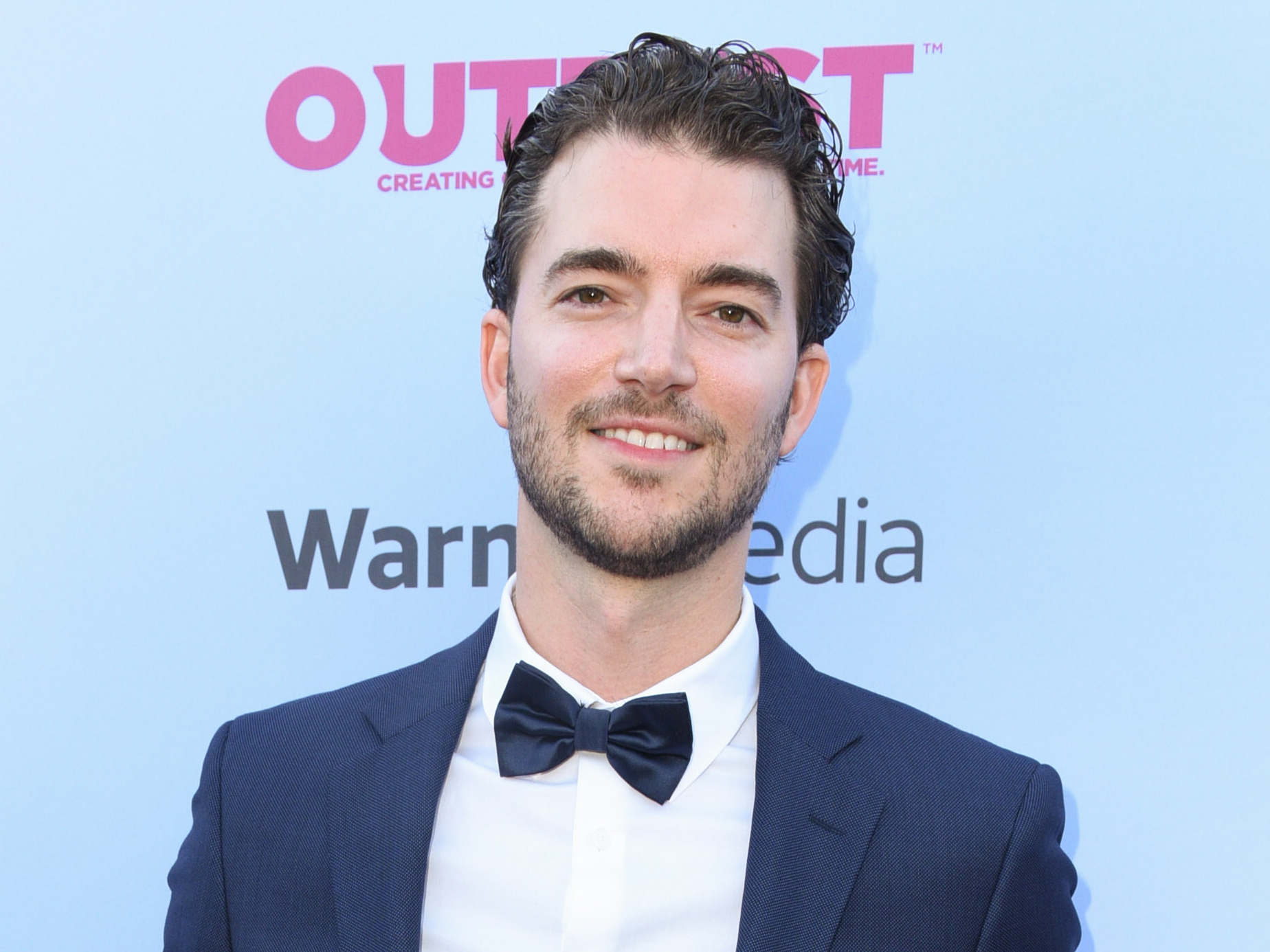
- Industry
Michiel Thomas Strives for LGBTQ+ Rights in His Documentary Films
Belgian documentary filmmaker Michiel Thomas (36), born and raised in a tiny cozy village called Neerpelt, is currently touring the international film festival circuit with his new feature documentary Gemmel & Tim. This intimate true crime drama explores the lives and untimely passings of Gemmel Moore and Timothy Dean, two gay Black men who in 2017 and 2019 respectively died from meth overdoses at the home of West Hollywood politico Ed Buck. The documentary investigates the horrific crimes in an effort to prevent these atrocities from being repeated. Gemmel & Tim is Thomas’ third feature doc. His debut, Game Face (2015), highlighted the coming-out journeys of transgender pro MMA fighter Fallon Fox and gay college basketball player Terrence Clemens. It was the first ever documentary by a Flemish filmmaker to be distributed worldwide on Netflix. Thomas hopes to raise awareness about LGBTQ+ issues through his creative endeavors.
This interview took place in Los Angeles over Zoom.
After you graduated from the Belgian Film School of Arts Narafi in 2008 you immediately moved across the pond to LA. What influenced your decision to come here?
At a young age I was bitten by the travel bug. Once I got my degree in film, I embarked on the adventure of studying broadcasting at Santa Monica College. Literally the moment the plane touched ground in Los Angeles, I knew I would call this place home. Soon after I settled, I started exploring my own identity and sexuality. Once I discovered the existence of a gay basketball league in LA, a whole new world opened up to me: a safe and comfortable environment where I could be my true self and play the game I love.
Did that experience inspire the idea of making Game Face?
Most definitely. My coming out journey went pretty smoothly, but unfortunately, I had several friends who dealt with some dreadful experiences. One friend had his football scholarship revoked once the university found out he was gay. Another was rejected by his own family, got abused and eventually committed suicide. I was heartbroken, yet deep inside it energized me to create a documentary that would help LGBTQ+ athletes to come out in public and give our society a better understanding of their struggles. Up until that point I had never made a documentary, only done freelance camera and editing work. So, it was a challenging task to take on, but in Tinseltown one must shoot for the stars (winks).
How did it feel eventually to license the film to a streaming giant such as Netflix?
I will never forget that call from my sales agent… After I hung up the phone, I ran outside and started sprinting down the streets while screaming like a lunatic (laughs). It took a while before my docu got acknowledged on the film festival circuit, but time and luck were on my side, as the worldwide debate about LGBTQ+ issues started picking up steam, which resulted in a demand for LGBTQ+ media content. I believe all those factors played a role. Since then, I’ve tried to stick to the formula of creating documentaries about timely topics for which I feel a passion. For example, in my second film, That’s Wild, I combined my deep love for nature with telling stories of underdog characters from the inner city.
In Gemmel & Tim you highlight the gruesome crimes of Ed Buck, for which he was recently sentenced to 30 years in federal prison. Why did you decide to take on this intense story?
The deaths of George Floyd, Breonna Taylor and Ahmaud Arbery during the late spring of 2020 sparked many protests worldwide. As I was participating in a march in Los Angeles, I asked myself: how can I make a contribution to this fight for justice? That’s when the idea bubbled up to tell the story of the victims of Ed Buck. Luckily, my producer partner Michael Franklin and I had inside access to the worlds of Timothy Dean and Gemmel Moore, which got the ball rolling pretty quickly.
During Pride Month, Gemmel & Tim will screen at Frameline San Francisco, the largest LGBTQ+ film festival in the world. What does this month mean for you?
We have come a long way in the quest for LGBTQ+ rights, but this month offers an opportunity to shed a light on the issues our community is still struggling with. In Gemmel & Tim, for example, we highlight the rise of deadly drug addiction and abuse. In Los Angeles County alone, meth overdose deaths have increased by 596% between 2010 and 2020. The LGBTQ+ community is being hit particularly hard. By paying extra attention this month to what happened to Gemmel and Tim, I hope we can save lives in the future.